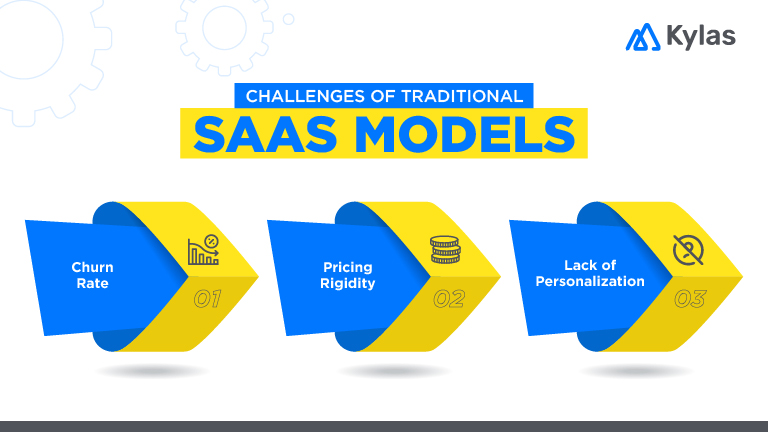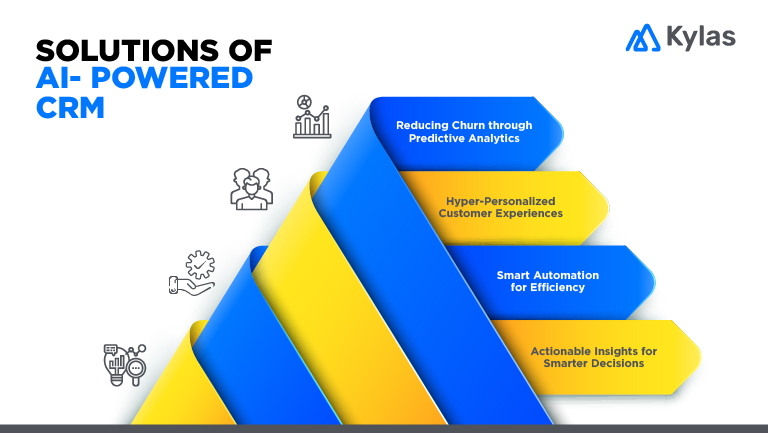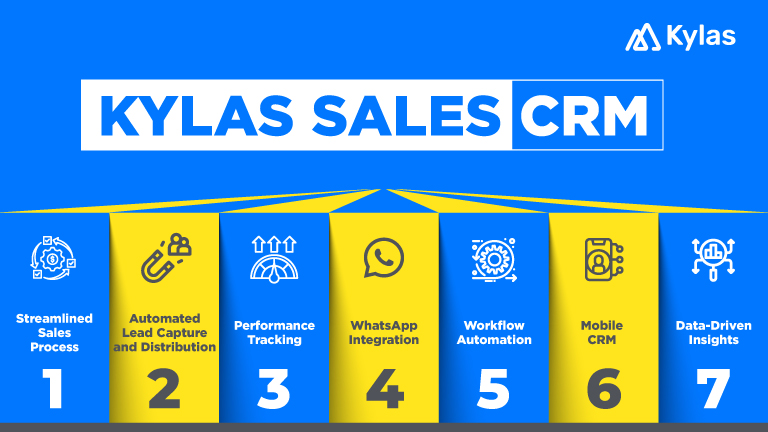The narrative that “SaaS is dead” has been circulating for a while now, but is it really true? If we look closely at the current state of the market, it’s clear that while traditional SaaS models are facing challenges, SaaS itself is far from dead. In fact, the evolution of SaaS is far from over, and in many ways, it’s just getting started.
What is SaaS Marketing and its Current Position?
SaaS marketing is the practice of promoting and selling software applications that are delivered over the Internet, typically on a subscription basis.
It’s distinct from traditional software sales because the customer doesn’t buy a license to own the software; they pay a recurring fee to access and use it. This subscription model fundamentally changes the marketing approach.
Recent Position of SaaS Market
As per a research paper by Winning by Design, since late 2021, growth rates have halved and the cost of acquiring new customers has surged by 1.5 times.
These statistics point to a critical problem in the traditional SaaS model: it’s simply not working as effectively as it once did. Businesses are facing the challenges of churn, rigid pricing structures, and a lack of personalization.
At the same time, organizations are now relying on an average of 112 SaaS apps, according to BetterCloud. This indicates a need for more efficient, customizable, and scalable solutions for SaaS marketing.
So, what does this mean for the future of SaaS? It’s clear that we are witnessing the dawn of a new era-one that embraces AI-driven solutions that are far more adaptable and customer-centric.
What Are the Challenges of Traditional SaaS Models?

As the SaaS industry continues to grow, many providers are realizing that traditional models no longer fully meet the needs of modern businesses. Here are the key areas that are facing the problems:
Churn:
SaaS providers often face high churn rates when customers don’t see tangible value or ROI from the product, leading them to abandon the service.
Pricing Rigidity:
Many businesses struggle with subscription models that don’t scale as they grow or evolve, leaving them locked into unsuitable pricing structures.
Lack of Personalization:
Generic solutions fail to meet the unique needs of companies, and businesses are demanding software that can adapt to their specific requirements
How can AI-powered CRM Tackle these Challenges?

AI-powered CRM systems are changing the game for businesses like yours, offering solutions to the challenges that come with traditional SaaS models. Here’s how AI-powered CRM tackles these challenges:
Reducing Churn through Predictive Analytics:
By analyzing customer data and behavior, your CRM can predict when a customer is disengaging and give you the chance to intervene with personalized outreach and reduce churn.Hyper-Personalized Customer Experiences:
Generic interactions just don’t cut it anymore. With AI, your CRM can tailor every touchpoint, from emails to product recommendations, based on your customers’ specific needs and preferences. This ensures that every interaction feels personal and relevant, making your customers feel valued and increasing their loyalty.Smart Automation for Efficiency:
You know how time-consuming manual tasks can be—enter AI automation. AI-powered CRMs can take over repetitive tasks like data entry, follow-ups, and tracking, giving you more time to focus on strategic initiatives.Actionable Insights for Smarter Decisions:
Data is valuable, but only when it’s turned into insights that drive action. With AI-powered CRM, you gain real-time analytics that helps you understand your customers better, spot trends, and identify opportunities.How AI is Transforming SaaS?
AI is not just a buzzword; it’s the driving force behind the future of SaaS. Here’s a table to highlight the key differences between traditional and AI-based marketing:
| Capability | Impact |
| Website, document, ad engagement tracking | Understand real buyer interest and tailor follow-ups |
| WhatsApp, email, and LinkedIn integration | Engage prospects where they are already active |
| Field sales mobile updates | Capture critical meeting notes, plant visit insights instantly |
| AI-driven deal prioritization | Surface the hottest, most engaged buyers automatically |
| Pipeline visibility across digital and field stages | Predict revenue more accurately, intervene early |
When we compare traditional SaaS vs AI-driven SaaS, the difference is clear. Traditional systems are often rigid, reactive, and require constant manual oversight. AI-driven platforms are proactive, intelligent, and adaptive, making them the future of SaaS.
Introducing Kylas: The Next-gen AI-powered SaaS CRM

At Kylas, we’re taking the best of SaaS and elevating it with the intelligence and flexibility that only AI can bring. We’re an AI-powered CRM designed to meet the diverse needs of modern businesses, all while keeping costs affordable.
No more per-user fees or cumbersome pricing models that limit your growth. Kylas offers three distinct growth plans with unlimited user access, making it easy for businesses of all sizes to scale without breaking the bank.
Here’s what makes Kylas standout in SaaS marketing:
- Streamlined Sales Process: From lead capture to closing the deal, Kylas helps you create a clear and efficient sales pipeline that maximizes conversions.
- Automated Lead Capture and Distribution: We automatically capture leads from various sources-whether it’s from your website, ads, or calls—and route them to the right team member based on specific criteria like location or campaign.
- Performance Tracking: Kylas provides complete visibility into your team’s actions on each record, so you can measure performance and optimize your sales strategies.
- WhatsApp Integration: Engage with customers where they’re most comfortable—on WhatsApp. Kylas integrates seamlessly with the WhatsApp API to help you build stronger, more personal customer relationships.
- Workflow Automation: Say goodbye to repetitive tasks. Kylas automates workflows to reduce errors and free up your team to focus on what matters most.
- Mobile CRM: Sales teams on the go? Kylas’s mobile CRM enables your team to manage sales, track progress, and close deals from anywhere.
- Data-Driven Insights: With advanced reports and analytics, Kylas helps you unlock the full potential of your data, providing you with the insights needed to make better business decisions.
The Shift to Outcome-Driven SaaS
The shift from feature-based SaaS to outcome-driven SaaS is happening. Businesses today don’t just want another tool—they want measurable, real results.
Whether it’s improving customer retention, boosting sales, or streamlining operations, outcome-driven SaaS is about providing real ROI, not just a collection of features.
The goal is to empower your team to achieve specific business objectives—be it increasing sales conversion rates, enhancing customer satisfaction, or reducing churn.
According to a HubSpot post, a 5% increase in customer retention can boost revenue by 25–95%, highlighting the massive impact retention has on a company’s bottom line.
At Kylas, we’re not just offering features—we’re delivering results. Our AI-backed CRM is designed to ensure your team can work more efficiently, close deals faster, and retain more customers. It’s all about real ROI.
The Future is AI-driven CRM
The evolution of SaaS is well underway, and AI is at the forefront of this transformation. As businesses demand more from their CRM systems -customization, scalability, and most importantly, results-solutions like Kylas are leading the charge.
At Kylas, we’re redefining what a CRM can do. We’re not just a tool; we’re a strategic partner in your growth journey.
So, the next time you hear someone say “SaaS is dead,” just remember: the future of SaaS is AI, and we’re excited to be at the forefront of that change.
Are you ready to experience the next generation of CRM? Explore Kylas today and see how our AI-powered CRM can take your business to the next level.
